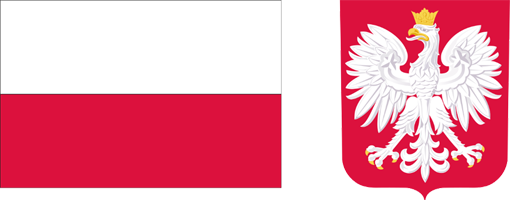Current issue
Archive
About the Journal
Aims and Scope
Editorial Board/Editorial Team
List of reviewers
Publishing process
Publishing Ethics and Malpractice Statement
Personal data protection (GDPR)
Creative Commons License
CrossRef Member / Similarity Check
For Authors
Call for papers
Guidelines for authors
Submitting a manuscript through the editorial system – step by step
For Reviewers
Peer review process
Guidelines for reviewers
Submitting a review – step by step
Contact
RESEARCH PAPER
INNOVATIONS AND DIVERSIFICATIONS TOWARD SUSTAINABLE BULGARIAN AGRICULTURE
1
University of National and World Economy
Submission date: 2019-03-15
Final review date: 2019-04-08
Acceptance date: 2019-06-07
Publication date: 2019-06-25
Zagadnienia Ekonomiki Rolnej / Problems of Agricultural Economics 2019;359(2):85-99
KEYWORDS
ABSTRACT
This article proposes an interpretation of the process of adopting innovations
and farm manager perceptions of innovations and diversification in Bulgarian
agriculture. Bulgarian agriculture is operating in new macro-conditions since
Bulgaria joined the EU. This paper shows the main trends of agricultural sector
and the level of diversification of the activities, which also is the aim of the study.
It represents the adoption of innovation as a possibility for farm development
using the collected data. The well-known models of farm management are not
bringing the required profit of agricultural activities every time. Furthermore,
the scarcity of resources and the increasing need for environmental protection
lead to a search for innovative processes and techniques for reaching decent
development in the sector. There is a link between the farmer’s age and the willingness
to innovate the activities. The main findings show that farmers under 50
are more likely to adopt innovations. Around 37% of the farmers are planning
to adopt innovations. The paper outlines some factors that are constraining the
processes. Other evidences show that some diverse activities in Bulgaria are an
innovation for the area. The innovative activities are: provision of health, social
or educational services, snow cleaning, craftsmanship and restaurant services,
rural tourism, etc. The methodological framework is based on the following
logic: theoretical review of innovation and item discussing the diversification as
an innovative concept in agriculture; the state and condition of the Bulgarian agriculture; evaluation of some factors influencing innovative processes in the
agriculture based on own survey; evidence of diversification activities based on
statistics and own research.
According to the analysed information some general conclusions are made.
Share
RELATED ARTICLE
We process personal data collected when visiting the website. The function of obtaining information about users and their behavior is carried out by voluntarily entered information in forms and saving cookies in end devices. Data, including cookies, are used to provide services, improve the user experience and to analyze the traffic in accordance with the Privacy policy. Data are also collected and processed by Google Analytics tool (more).
You can change cookies settings in your browser. Restricted use of cookies in the browser configuration may affect some functionalities of the website.
You can change cookies settings in your browser. Restricted use of cookies in the browser configuration may affect some functionalities of the website.



